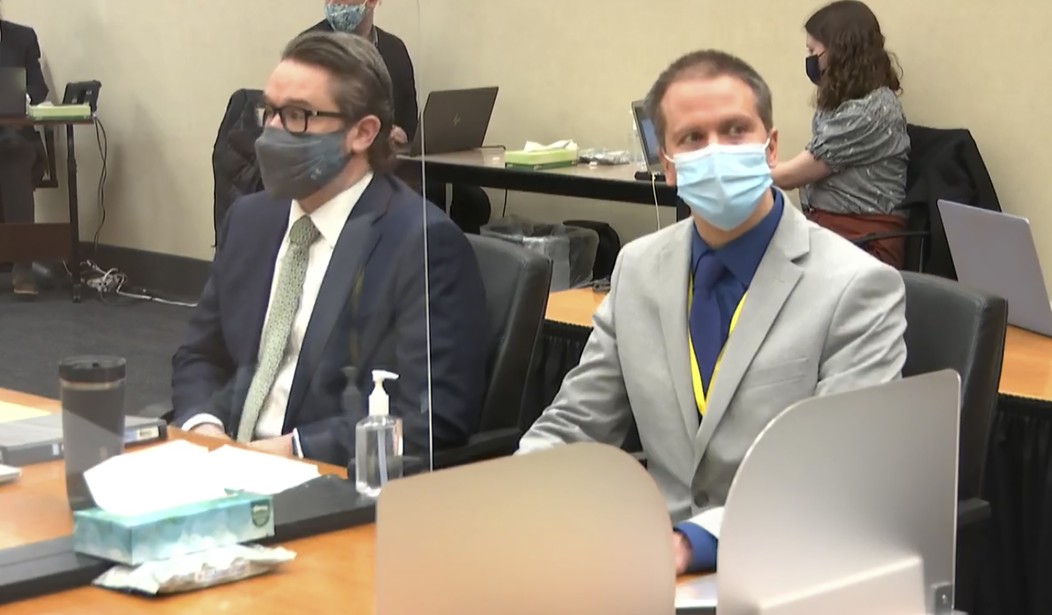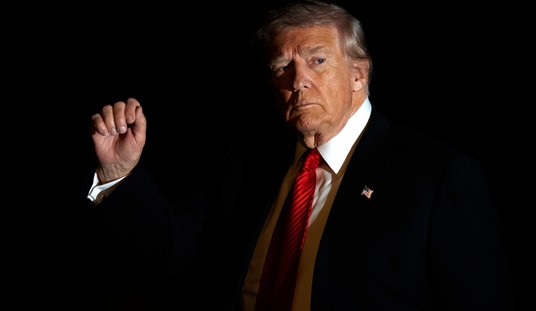There were two developments this week relating to the prosecution of four ex-Minneapolis Police Officers in the death of George Floyd.
First, Minnesota State Court Judge Cahill postponed the trial of the three remaining officers because of the federal indictment last week of those same officers for violating Floyd’s federal civil rights. The three — Tou Thao, J. Alexander Kueng, and Thomas Lane — were set to have their state court trial take place in August, but Judge Cahill postponed the trial until March 2022 in order to let the federal case proceed first, and also to put some time and distance between the controversial trial of Chauvin and the trial of the other three former police officers.
In a federal case, a criminal defendant has a statutory right to have his trial begin not longer than 70 days after his arraignment on the indictment filed against him. There are a variety of causes that can be used to justify “excluding time” under the statute, which extends the 70 day period out into the future. These justifications are almost always agreed to jointly by the parties, and mostly involve the need to do additional investigation or preparation of the case for trial. But, depending on the district and the personal practices of the federal judge handling the case, federal criminal cases can advance to trial in 7-9 months very easily.
A second major development was a motion filed by the defense attorneys for Thou Thao seeking to have the Minnesota Attorney General’s Office removed from the case based on an allegation that a key prosecution witness, Hennepin County Coroner Dr. Andrew Baker, was coerced into changing his final autopsy report, that the Minnesota AG’s Office knew he was coerced, and presented his coerced testimony without providing discovery in the defense in the Chauvin trial.
On May 26, 2020, Dr. Baker performed an autopsy on George Floyd’s body following his death. He is the only expert who testified at Chauvin’s trial who actually examined Floyd’s “injuries.”
On May 29, 2020, the Hennepin County Coroner’s Office issued a press release that reported the preliminary findings to the Hennepin County Prosecutor’s Office as stating that the autopsy “revealed no physical findings that support a diagnosis of traumatic asphyxia or strangulation.”
But on June 1, 2020 — three days later — the official Coroner’s Report described the cause of death: “cardiopulmonary arrest complicating law enforcement subdual, restrain, and neck compression.”
What happened during that three-day time frame is the subject of the new defense motion which, if true, could potentially help Chauvin along with the three remaining defendants.
The motion contends that after Dr. Baker’s preliminary findings were quoted in court documents, he received a telephone call from Dr. Roger Mitchell, the former Medical Examiner of Washington D.C.,
During this first conversation, Dr. Baker reaffirmed his conclusion from the observations during the autopsy that he did not believe the neck compression played any role in Floyd’s death.
After the call, Dr. Mitchell is said to have written an op-ed intended for publication in the Washington Post that was going to criticize Dr. Baker’s conclusions. Dr. Mitchell called Dr. Baker a second time to advise Dr. Baker of his intention to have the piece published. The motion filed by Thao’s attorney recounts part of that second conversation, and attributes to Dr. Mitchell the following comments:
[Y]ou don’t want to be the medical examiner who tells everyone they didn’t see what they saw. You don’t want to be the smartest person in the room and be wrong. Said there was a way to articulate the cause and manner of death that ensures you are telling the truth about what you are observing and via all of the investigation. Mitchell said neck compression has to be in the diagnosis.
The motion then notes that the final autopsy report has a reference to “neck compression” as having contributed to the cause of Floyd’s death, which was inconsistent with the Preliminary Report which triggered Dr. Mitchell to call.
Dr. Mitchell met with four prosecutors from the Minnesota Attorney General’s Office on November 5, 2020, according to a memorandum of interview prepared by the AG’s office. What caused this meeting to take place is not set forth although it is plausible that Dr. Mitchell was under consideration to serve as a prosecution expert.
But Dr. Mitchell’s involvement with Dr. Baker took on a potentially more sinister angle because of his actions in the aftermath of the Chauvin trial with regard to Dr. David Fowler, the retired forensic pathologist who served as an expert witness for Chauvin’s defense team, and who testified that Floyd’s cause of death was “undetermined.”
In the aftermath of the trial, Dr. Mitchell sent a letter concerning Dr. Fowler and his testimony to four public officials: US Attorney General Merrick Garland, Director of the Center for Disease Control and Prevention Rochelle Wollensky, Maryland Attorney General Brian Frosh, and Director of the Maryland Department of Health Allison Taylor. In the letter, Dr. Mitchell asked for investigations into Fowler’s medical licensing and past work as a forensic pathologist. Less than 24 hours after the letter, the Maryland Attorney General’s Office initiated a review of all in-custody death reports produced while Dr. Fowler served as a Chief Medical Examiner in Maryland.
The defense doesn’t provide direct or explicit allegations of the inference it draws, but the allegation is that Dr. Mitchell coerced Dr. Baker to alter his final autopsy report by threatening him with professional reprisals if Dr. Baker did not include “neck compression” as a contributing factor to Floyd’s death. Dr. Mitchell made it clear in his first call after Dr. Baker’s preliminary report ruled out traumatic asphyxiation as a cause of death that he disagreed with Dr. Baker — even though Dr. Mitchell was not involved in the autopsy and had no access to any of the autopsy materials. The motion contends the contents of both conversations, and Dr. Mitchell threatening to publish an Op-Ed in the Washington Post critical of Dr. Baker amounted to “coercion” under the law, and that the defense should have been provided with evidence of the contacts between Dr. Baker and Dr. Mitchell given Dr. Mitchell’s connection to the prosecution evidenced by the November 5 meeting with four members of the prosecution team.
What is interesting about the motion is the quoted language above. That is set forth in the motion as a quotation, meaning it was taken from another document. The citation to this other document is unclear, and no document with that language is attached as an exhibit to the motion. But, from other citations which do appear in the motion, my guess is that there was an interview done with Dr. Baker, and he provided an account of his interactions with Dr. Mitchell in the days following Floyd’s death and the publication of the autopsy results.
The Minnesota AG’s office has asked for a week to respond to the motion, and denies all the factual allegations made by the motion.














Join the conversation as a VIP Member